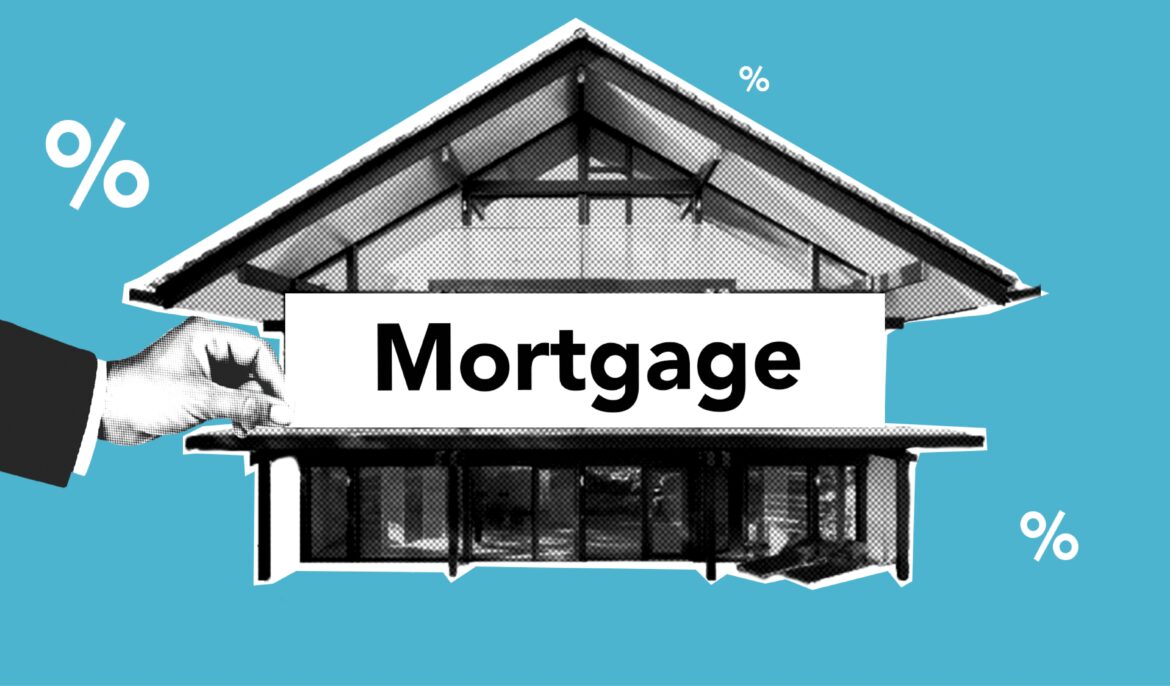
A mortgage is a loan that is taken out to purchase real estate, such as a house or a piece of land. Mortgages are one of the most common forms of financing for home ownership, and they have been around for centuries. The purpose of a mortgage is to provide a way for individuals to buy property, by allowing them to borrow money from a lender and repay it over a set period of time, usually many years. This article will explain what a mortgage is, how it works, and what you need to know before applying for one.
A mortgage is a loan that is secured by the property that is being purchased. This means that if the borrower is unable to repay the loan, the lender can take possession of the property and sell it to recover the money owed. In most cases, the borrower makes regular payments to the lender over the course of several years, with the goal of paying off the entire loan amount by the end of the term.
There are several types of mortgages available, including fixed-rate mortgages, adjustable-rate mortgages, and interest-only mortgages. Fixed-rate mortgages have an interest rate that remains the same throughout the life of the loan, while adjustable-rate mortgages have an interest rate that can change over time. Interest-only mortgages are a type of adjustable-rate mortgage, where the borrower only pays the interest on the loan for a set period of time, and not the principal.
The process of obtaining a mortgage involves several steps. First, you need to determine how much you can afford to borrow, based on your income, credit history, and other factors. You can use online calculators or speak to a lender to get a better understanding of how much you may be able to borrow.
Next, you will need to choose a lender and fill out an application for a mortgage. The lender will then perform a credit check and review your financial information to determine if you are a good candidate for a mortgage. If you are approved, the lender will provide you with a loan estimate, which outlines the terms of the mortgage, including the interest rate, the length of the loan, and the monthly payment amount.
Once you have agreed to the terms of the loan, you will need to provide the lender with several documents, such as proof of income, tax returns, and bank statements. The lender will also perform an appraisal on the property to determine its value. If everything checks out, the lender will provide you with a commitment letter, which states that the loan is approved, and the closing process can begin.
The closing process involves several steps, including signing the mortgage documents and paying closing costs, which are fees associated with the loan, such as appraisal fees, title search fees, and attorney fees. Once the closing process is complete, you will officially own the property, and your regular mortgage payments will begin.
Before applying for a mortgage, it is important to understand that there are several factors that can affect your ability to obtain a loan, and your terms. These include your credit score, income, debt-to-income ratio, and employment history. It is also important to shop around and compare rates from multiple lenders, to ensure that you are getting the best deal possible.
A mortgage is a loan that is taken out to purchase real estate, and it is secured by the property being purchased. There are several types of mortgages available, and the process of obtaining a mortgage involves several steps, including determining how much you can afford to borrow, choosing a lender, and going through the closing process. Before applying for a mortgage, it is important to understand the factors that can affect your ability to obtain a loan, and to shop around for the best deal possible. By understanding how mortgages work, you can make an informed decision and choose the right mortgage for your financial situation.
It is also important to understand the long-term impact that a mortgage can have on your finances. A mortgage is a significant financial obligation, and it will affect your cash flow for many years to come. You need to be sure that you can afford the monthly payments, and that you have enough money left over each month to cover other expenses and save for the future.
It is also important to keep in mind that the interest rate on your mortgage can have a big impact on your monthly payments and the overall cost of the loan. A higher interest rate will result in higher monthly payments, and a longer loan term can also increase the overall cost of the loan. That’s why it’s important to choose a loan with a low interest rate and a manageable term that you can afford.
Another thing to consider is the type of mortgage you choose. Fixed-rate mortgages are a good option for people who want predictable monthly payments and who plan on staying in their home for a long time. Adjustable-rate mortgages, on the other hand, can be a good choice for people who plan on moving or refinancing in the near future, as they usually have lower initial interest rates.
Finally, it’s important to understand the potential risks involved with a mortgage. For example, if interest rates rise, your monthly payments may increase, making it more difficult to keep up with your financial obligations. Similarly, if you lose your job or experience a significant drop in income, you may struggle to make your mortgage payments and could even face foreclosure.
In conclusion, a mortgage can be a valuable tool for financing the purchase of a home, but it is also a significant financial obligation that should be approached with caution. By understanding how mortgages work, shopping around for the best deal, and considering all of the potential risks, you can make an informed decision and choose the right mortgage for your financial situation.

